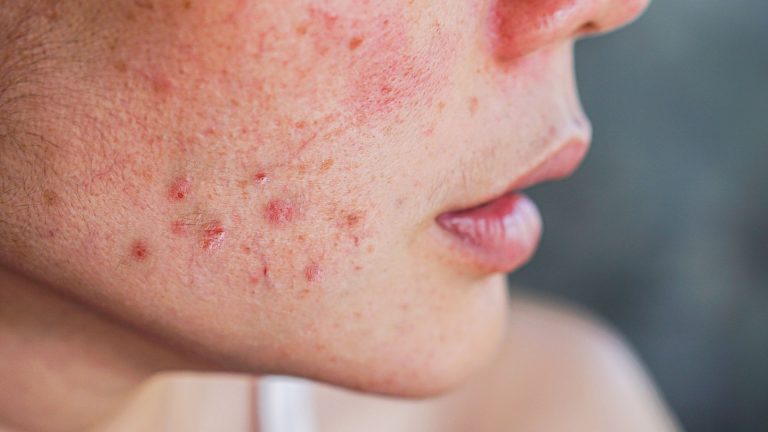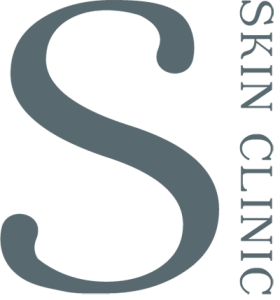In the battle against acne, antibiotics have often been the frontline defense. However, with growing concerns about antibiotic resistance, gut health, and holistic wellness, many are seeking alternative acne treatments. Is it possible to achieve clear skin without leaning on antibiotics? Yes, but it requires a thoughtful, multi-faceted approach.
The Drawbacks of Antibiotics
Antibiotics can be effective in reducing inflammation and bacterial growth associated with acne. However, their overuse can lead to antibiotic resistance and disrupt the gut microbiome, potentially leading to other health issues. Moreover, antibiotics often tackle only one dimension of acne, leaving other crucial factors like hormones and lifestyle unaddressed.
Embracing a Holistic Approach
Effective acne management often necessitates a combination of treatments targeting both internal and external factors:
Topical Treatments
Non-antibiotic topical treatments such as retinoids, benzoyl peroxide, and alpha hydroxy acids can be highly effective. These agents work by unclogging pores, reducing inflammation, and promoting skin cell turnover. For instance, a study in the Journal of Drugs in Dermatology highlights significant improvement in acne with topical retinoids.
Hormonal Regulation
For hormonal acne, particularly in women, birth control pills and anti-androgen medications have shown efficacy. Yet, there’s growing interest in natural supplements like innositol and berberine for balancing hormones. A 2022 review in the International Journal of Women’s Dermatology underscores the effectiveness of oral contraceptives in managing hormonal acne.
Dietary Modifications
Diet plays a crucial role in skin health. Reducing intake of processed and sugary foods while increasing fruits, vegetables, and whole grains can positively impact gut health and potentially reduce acne, as suggested by a 2018 study in the Journal of the American Academy of Dermatology.
Stress Management
Chronic stress can exacerbate acne by increasing cortisol levels, which can stimulate oil production. Incorporating stress-reducing practices like yoga, meditation, and ensuring adequate sleep can be beneficial for skin health.
Alternative Therapies
Other alternative therapies include light therapy, herbal treatments, and Ayurvedic remedies. While more research is needed to establish their efficacy fully, these options present promising avenues for acne management.
The Importance of Professional Guidance
While seeking alternative acne treatments is commendable, it’s vital not to self-diagnose or self-treat. Consulting a dermatologist is essential for a proper diagnosis and personalized treatment plan. They can help navigate the myriad of options and tailor a regimen that suits your specific skin type and acne severity.
The Role of Lifestyle Changes
Lifestyle adjustments can significantly impact skin health. Regular exercise, adequate hydration, and a balanced diet can all contribute to reducing acne flare-ups. Additionally, maintaining a consistent skincare routine and avoiding pore-clogging makeup and skincare products can also help.
Patience and Commitment: Key to Success
Treating acne without antibiotics isn’t a quick fix. It often requires patience, persistence, and a commitment to lifestyle changes. Each person’s skin responds differently to various treatments, and finding the right combination may take time.
Combining Conventional and Alternative Treaties
In some cases, a combination of conventional and alternative treatments might be the best approach. For instance, using topical treatments along with dietary changes and stress management techniques can be more effective than relying on a single method.
Understanding the Root Cause
It’s important to understand the root cause of acne, which can vary from hormonal imbalances to lifestyle factors. A holistic approach to acne treatment focuses on addressing these underlying causes rather than merely treating the symptoms.
Conclusion
Achieving clear skin without antibiotics is indeed a possibility, but it requires a holistic, well-rounded approach. By combining topical treatments, hormonal regulators, dietary modifications, stress management, and professional guidance, one can effectively manage acne without solely relying on antibiotics. This journey to clear skin might require more time and effort, but the rewards—a healthier skin and body—are well worth it. Embracing this comprehensive approach can lead not just to clearer skin, but also to a healthier, more balanced lifestyle.



